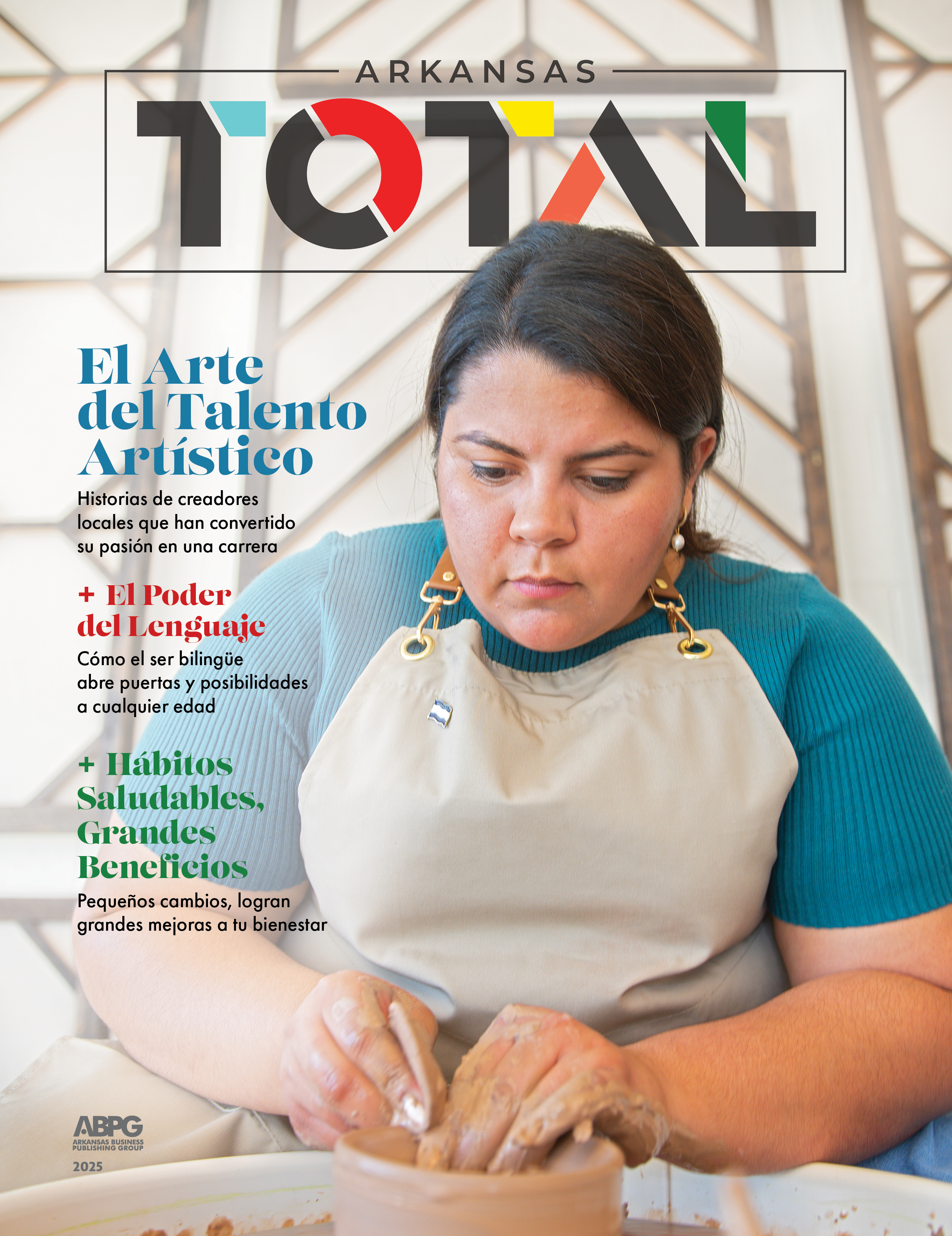SPONSORED: SPONSORED: Simplifying the Home Ownership Process

Buying a home is one of the most monumental decisions a family or individual can make. People tend to remember major life events based on where they lived at a particular time. Additionally, homeownership is the largest driver of household wealth in America.
Becoming a first-time home buyer is a major milestone for individuals and families, and because of that, it is important to understand the mortgage process before you get started.
Below are some of the key items you need to know when purchasing a home for the first time. This guide does not cover all of the steps necessary to purchase a home, and finding a trusted bank and real estate partners is strongly encouraged.
The right bank will make the mortgage lending process simple, so you can make it home.
Know Your Worth
Before beginning the home buying process it is important to have a clear understanding of your finances. Key questions to ask include: How much money are you earning monthly? What is the balance on your savings, checking and retirement accounts? Experian, Equifax and TransUnion offer free credit reports. The better your financial situation, the more favorable loan terms you can qualify for when purchasing a home.
Get Pre-Approved
Before you begin looking for a house, find a banking partner who will pre-approve you for a loan. Getting pre-approval from the bank allows you to shop with confidence. You know exactly how much home you can afford and with a committed lender, you can more quickly make the purchase once you find the right home.
Identify What You Want
Before you begin to search for a home, have a clear understanding of what you want. Determine how many bedrooms and bathrooms you need. Identify how close the home is to work, school and public transportation. A real estate agent can help you search for a home that meets your qualifications and there are also opportunities to search for homes on the Internet.
Prepare for Paperwork
Every step of the process - from prequalification for a loan to closing on the home - requires organization and paperwork. Keep a photo identification card, pay stubs, bank statements and tax returns handy to help the bank on the front end of the process. And when closing on the home, bring a photo ID, signed closing documents and a cashier’s check or wire transfer to pay for closing costs.
The 20% Myth
While it is recommended that a home buyer bring 20% of the purchase price to the table, there are exceptions. FHA and VA loans offer more favorable terms. However, the more money you are able to pay down, the lower your mortgage payments will be each month. NOTE: Closing costs are often between 3 to 5 percent of the purchase price of the home.
Centennial Mortgage looks forward to helping you accomplish your goals. Contact us at my100bank.com.
SPONSORED BY



